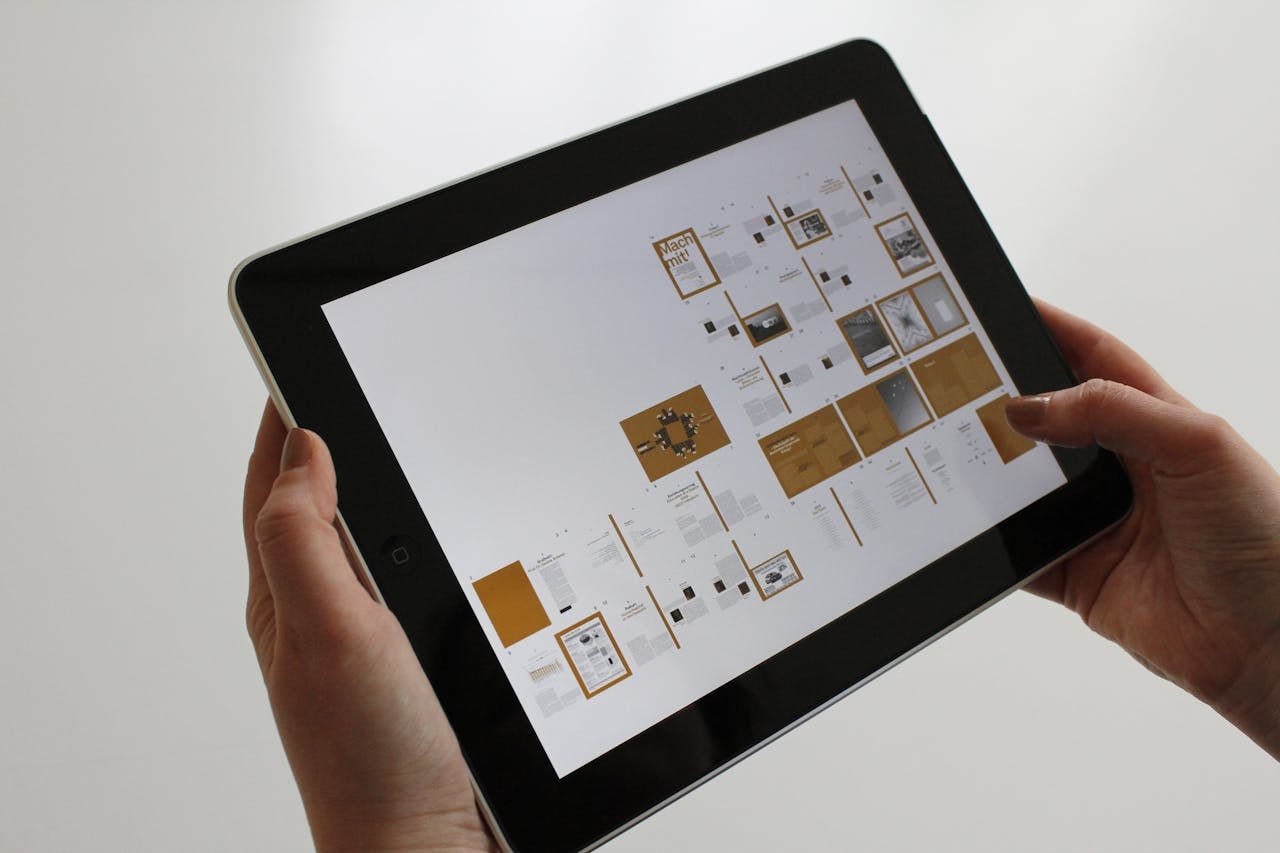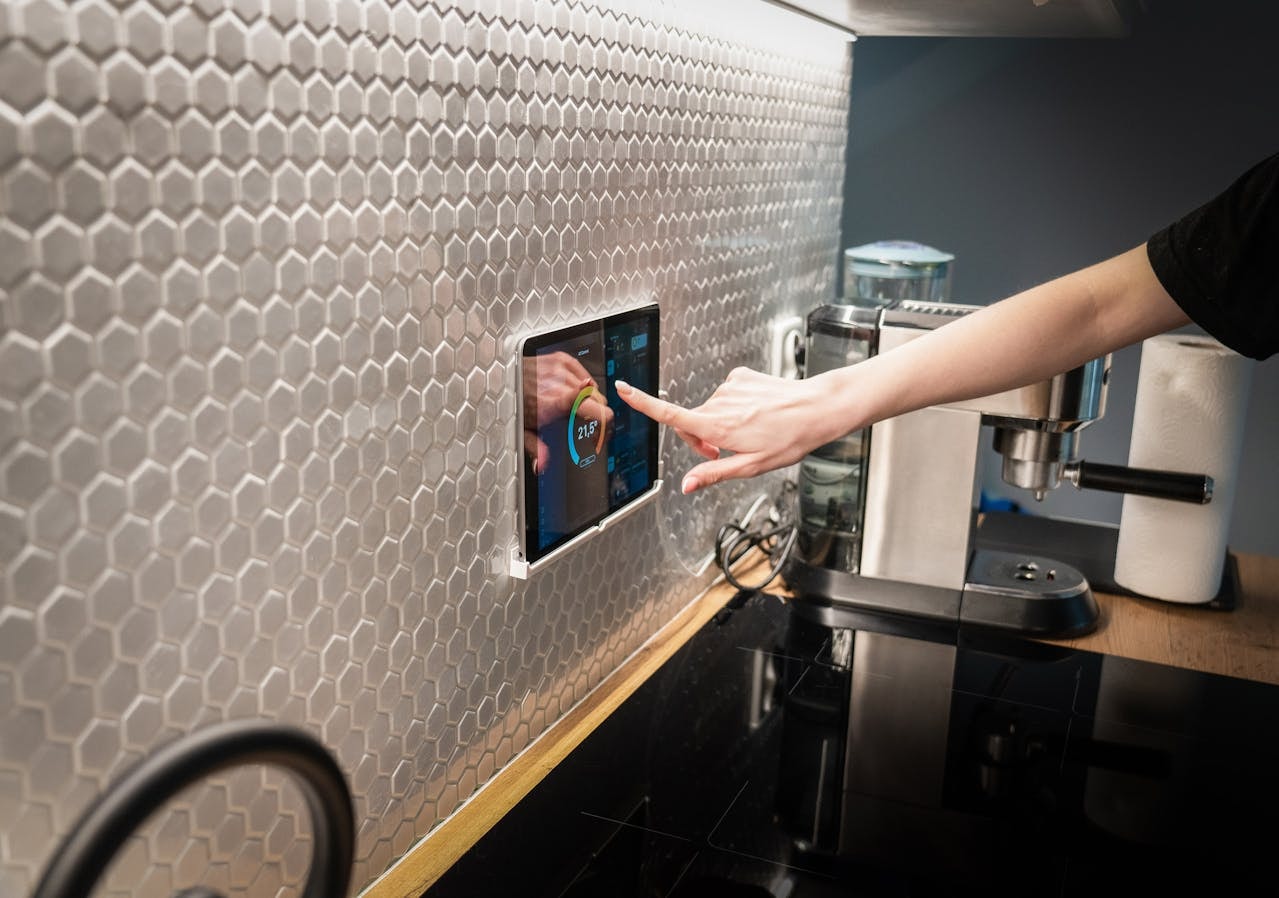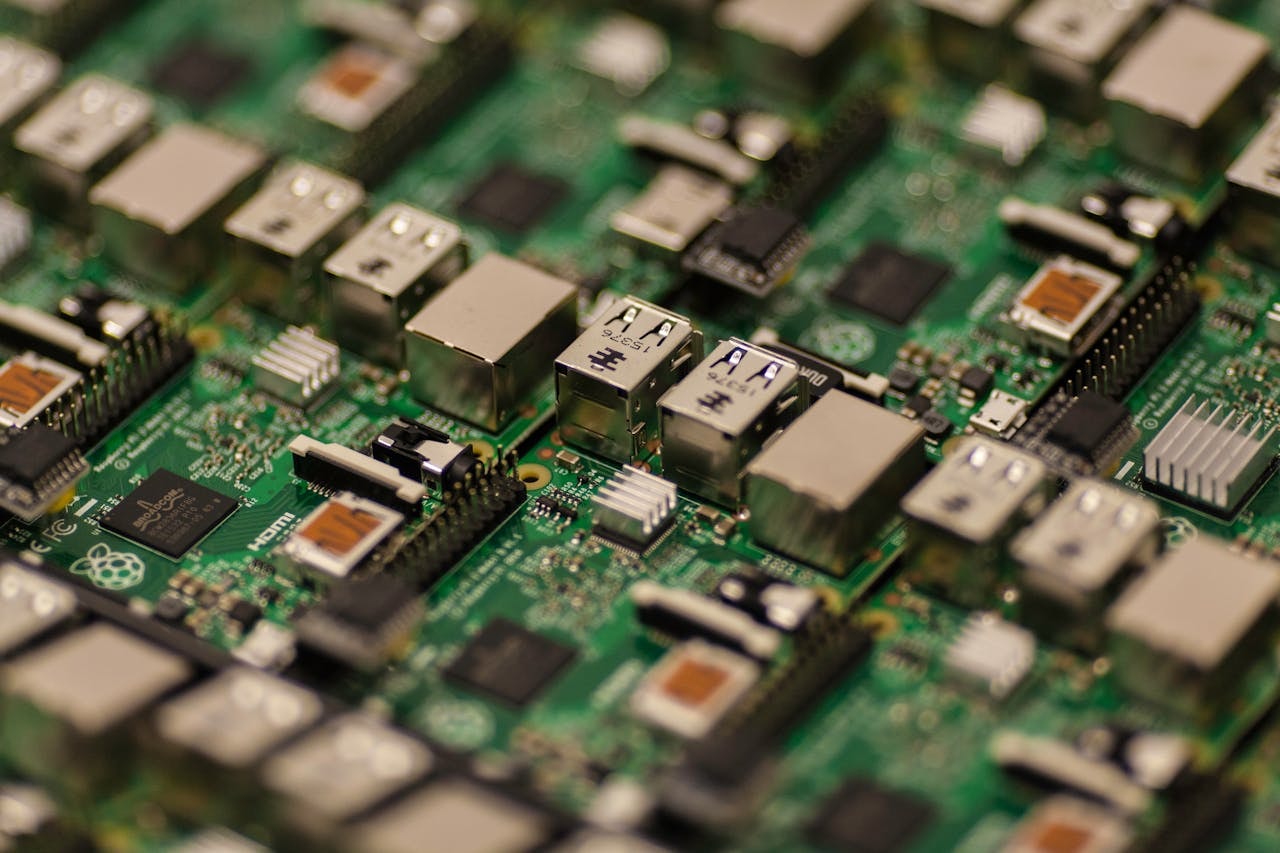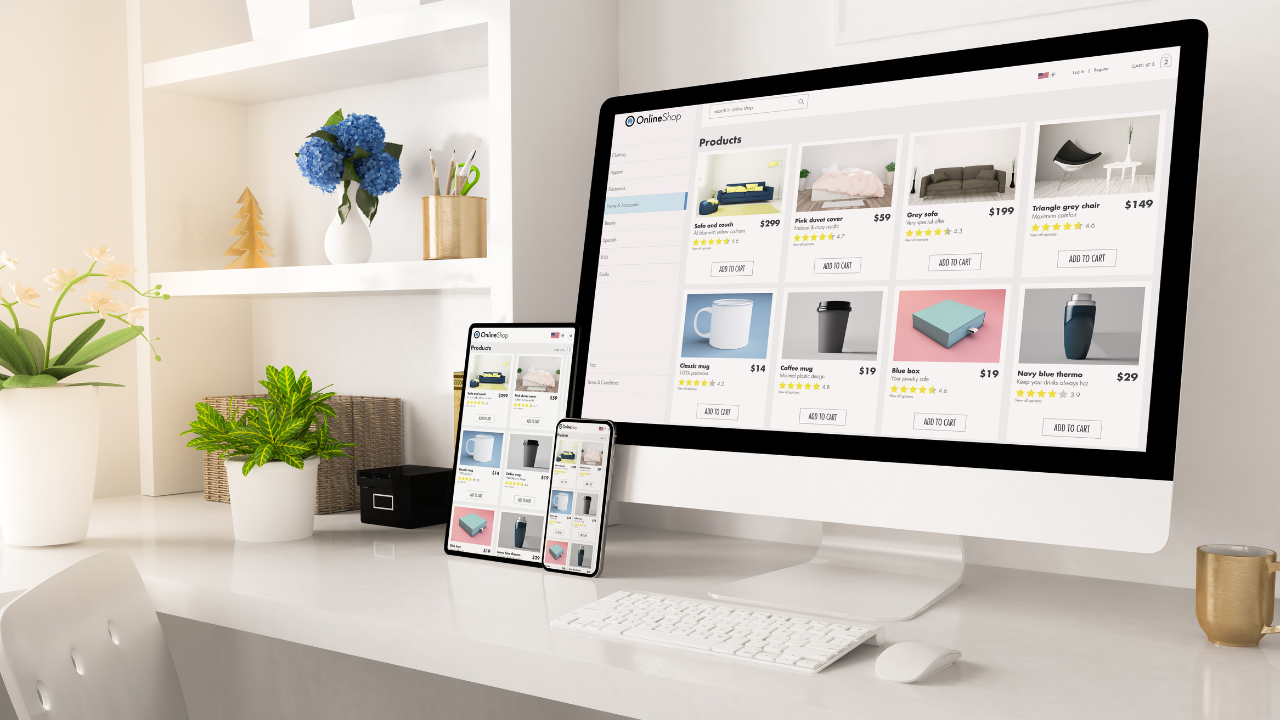The Rise of IoT in eCommerce
The Internet of Things (IoT) is no longer just a futuristic concept; it has become a cornerstone in the evolution of the eCommerce industry. With the integration of internet of things-connected devices, IoT contributes significantly to enhancing operational efficiency, customer engagement, and supply chain management. This transformation is enabling businesses to serve customers with more personalised and seamless experiences.
IoT technology allows eCommerce retailers to automate processes, gain real-time insights, and optimise their operations to remain competitive in an ever-changing market. By enabling businesses to connect and analyse data from multiple sources, IoT is driving a new era of innovation and efficiency in e commerce sector.
What Is IoT and Why It Matters in the eCommerce Sector
IoT refers to a network of internet-connected devices that transmit data to improve various operational tasks. In the eCommerce sector, IoT applications range from smart shelves to IoT-enabled wearables, offering e commerce businesses valuable insights into customer behaviour and operational efficiency.
By leveraging IoT technology, eCommerce businesses can streamline supply chains, enhance customer experiences, and introduce smarter inventory management systems. IoT-enabled devices provide real-time data that help in decision-making, ultimately transforming the eCommerce landscape.
How IoT Technology Benefits eCommerce Businesses
Improved Inventory Management
IoT sensors, such as RFID tags, help eCommerce retailers track inventory levels in real time. This technology minimises human error and ensures better warehouse management. With real-time insights, e commerce businesses can reduce excess stock and avoid inventory shortages, creating a smoother order fulfilment process.
Additionally, IoT-enabled systems can send automated alerts to warehouse staff about low stock levels or inventory discrepancies, enabling faster action. By integrating IoT with inventory management systems, businesses can achieve better operational efficiency and cost savings.
Enhanced Customer Experience
Smart devices, including mobile devices and smart home devices, collect and analyze data from on customer behaviour to create targeted promotions and personalised experiences. Browsing history and location-based services further enhance customer satisfaction.
For example, IoT-connected devices can suggest products based on past purchases, enhancing customer engagement and loyalty. Smart home devices like voice assistants make it easier for customers to shop online, offering convenience and customisation at every step of the customer journey.
Predictive Maintenance and Supply Chain Management
IoT-enabled predictive maintenance systems analyse sensor data to anticipate maintenance needs, ensuring operational tasks run smoothly. Remote monitoring of supply chain operations provides eCommerce stores with the ability to meet consumer demands effectively.
By identifying potential issues before they arise, businesses can minimise downtime and improve productivity. IoT solutions also enhance supply chain transparency, allowing companies to monitor shipments in real time and optimise delivery routes to reduce costs.
Real-Time Data Collection
Many IoT devices exchange and collect data almost continuously, allowing eCommerce businesses to leverage data for demand forecasting and order management. The ability to collect real-time data reduces operational inefficiencies and ensures a seamless online shopping experience.
Real-time analytics also help identify market trends, customer behavior and consumer preferences, keeping businesses ahead of the competition. By analysing customer behaviour, businesses can fine-tune their strategies to improve sales and customer satisfaction.
IoT Applications in the eCommerce Industry
Smart Packaging Enhancements
IoT has revolutionised packaging with smart technology that monitors product conditions during transit. Smart packaging uses IoT sensors to track temperature, humidity, and even location in real time. This is especially useful for perishable goods like food and pharmaceuticals, ensuring they arrive in optimal condition. For Australian retailers, this can help meet stringent export quality standards and reduce waste.
Automated Delivery Systems
IoT enables the automation of delivery systems, including the use of drones and autonomous vehicles for shipping. These technologies enhance delivery efficiency and reduce costs, particularly in remote and rural Australian areas. With IoT-integrated logistics systems, businesses can optimise routes, minimise fuel consumption, and ensure timely deliveries.
Smart Packaging for Enhanced Logistics
IoT technology enables the use of smart packaging, which provides real-time updates on the condition of goods during transit. For Australian businesses, this is especially useful for perishable items like fresh produce and seafood, ensuring products reach customers in perfect condition. Smart packaging also reduces waste and enhances sustainability by monitoring temperature, humidity, and other factors.
Personalised Shopping with IoT Wearables
IoT-enabled wearables are transforming how customers interact with eCommerce platforms. These devices collect valuable data on user preferences and habits, allowing businesses to provide hyper-personalised shopping experiences. For example, Australian retailers can use this data to recommend products tailored to individual customers, increasing engagement and sales.
Warehouse Operations and Smart Shelves
IoT technology, including smart shelves, automates warehouse operations by tracking perishable goods and other inventory items. This reduces energy consumption and ensures that both eCommerce stores and businesses maintain optimal stock levels.
Smart shelves equipped with IoT sensors can also alert staff when items need restocking, improving warehouse inventory management and efficiency. Automated inventory tracking minimises the risk of overstocking or running out of critical products, ensuring smooth warehouse operations.
Connected Devices for Better Customer Engagement
IoT-connected smart devices can, such as smart fridges and IoT-enabled wearables, contribute to customer loyalty by enabling businesses to provide personalised services. For example, smart devices can recommend products based on browsing history and previous purchases.
This level of personalisation enhances customer engagement and builds lasting relationships with consumers. IoT devices also facilitate two-way communication, allowing businesses to gather valuable feedback and improve their services.
Remote Monitoring and Predictive Systems
IoT applications such as remote monitoring and predictive systems ensure that eCommerce retailers can address maintenance needs before they escalate. This technology minimises downtime and enhances customer satisfaction.
Predictive systems powered by IoT also support demand forecasting, helping businesses anticipate consumer needs accurately. By staying ahead of demand, retailers can reduce lead times and optimise supply chain performance.
Addressing Challenges: Data Privacy and Security Concerns
While IoT offers numerous advantages, it also raises concerns about protecting customer data. Robust security measures are of utmost importance to safeguard consumer behaviour and browsing history. Businesses must prioritise data privacy to maintain customer trust.
Using encryption and secure data protocols can mitigate risks associated with IoT applications. Regular security audits and employee training are also crucial for addressing potential vulnerabilities. By investing in robust security solutions, businesses can ensure the safe handling of customer data.
Real-World Examples of IoT in the Retail Industry
Smart Home Devices Transforming Online Shopping
Smart home devices, such as voice assistants, integrate seamlessly with eCommerce platforms to provide a hands-free shopping experience. These IoT-connected devices enable consumers to make purchases using voice commands.
Voice assistants like Amazon Alexa and Google Assistant demonstrate how IoT is simplifying online shopping. These devices also offer personalised recommendations, making the shopping experience more intuitive and enjoyable.
IoT Sensors in Warehouse Management
IoT sensors play a crucial role in monitoring warehouse conditions, especially for perishable goods. These sensors transmit data to ERP systems, ensuring that products are stored under ideal conditions.
For example, IoT solutions can track temperature and humidity levels in real time, reducing spoilage and waste. By automating warehouse management processes, businesses can achieve significant cost savings and operational improvements.
Targeted Promotions and Consumer Behaviour Insights
IoT-enabled analytics tools analyse data from various sources, including mobile devices and browsing history. This provides eCommerce businesses with valuable insights into consumer behaviour, enabling targeted promotions.
These insights into consumer behavior allow businesses to create highly effective marketing campaigns that resonate with their audience. By understanding consumer preferences, retailers can deliver personalised offers that drive sales and customer loyalty.
The Future of IoT in eCommerce
Leveraging Data for Artificial Intelligence
IoT devices collect massive amounts of data, which can be analysed using artificial intelligence to predict market trends. This allows eCommerce businesses to stay ahead of customer demands.
AI-powered systems can also enhance decision-making processes, from pricing strategies to inventory management. By combining IoT and AI technologies, businesses can unlock new opportunities for growth and innovation.
Enhancing Customer Feedback and Engagement
IoT technology enables businesses to gather customer feedback in real time. Connected devices allow customers to provide input seamlessly, improving overall customer engagement.
By analysing this feedback, businesses can make improvements that directly address customer needs, boosting satisfaction and loyalty. IoT-enabled communication channels also create opportunities for more meaningful interactions with customers.
Energy Consumption Optimisation
IoT solutions help businesses reduce energy consumption by automating various operational tasks, such as warehouse lighting and temperature control. This not only cuts costs but also supports sustainability efforts, aligning with the growing demand for environmentally responsible practices.
Sustainable practices driven by IoT can also enhance brand reputation, attracting eco-conscious customers who value environmental responsibility.
How to Implement IoT in Existing Systems
Integrating IoT with ERP Systems
IoT solutions can be integrated into existing ERP systems to enhance operational efficiency. This enables businesses to streamline order management and inventory tracking.
Integration with ERP systems ensures that all data flows seamlessly, providing a unified view of operations. Businesses can also use IoT sensor data to improve decision-making and resource allocation.
Ensuring Scalability and Security
Implementing IoT requires a focus on scalability and robust security measures. Businesses should ensure that their IoT applications can handle growing demands while protecting customer data.
Regular security audits and updates are essential to maintain data integrity and customer trust. By adopting scalable IoT solutions, businesses can prepare for future growth without compromising on security.
How Piri Piri Marketing Hub Can Help Businesses Leverage IoT
Customised IoT Solutions for eCommerce Businesses
At Piri Piri Marketing Hub, we specialise in providing tailored IoT solutions for eCommerce businesses. Whether you’re looking to implement smart shelves, improve warehouse management and operations, or enhance customer engagement, our team has the expertise to make it happen.
Our customised solutions are designed to address the unique challenges and opportunities of your business, helping you achieve measurable results. With Piri Piri, you gain access to cutting-edge IoT tools that simplify operational complexities while maximising ROI.
Comprehensive Services to Drive IoT Success
- IoT Integration: Seamlessly integrate IoT devices with your existing systems, such as ERP and CRM platforms, ensuring a unified flow of data and operational harmony.
- Data Analytics and Insights: Leverage real-time data collected by IoT devices to gain actionable insights into customer behaviour, operational trends, and market opportunities.
- Predictive Maintenance and Monitoring: Deploy IoT systems that identify maintenance issues before they escalate, reducing downtime and enhancing operational efficiency.
- Custom App Development: Develop user-friendly mobile applications that interact with IoT devices, offering seamless connectivity for your customers and operational staff.
- Personalised Digital Marketing: Use IoT-enabled data to craft targeted marketing campaigns, boosting customer engagement, loyalty, and overall revenue.
- Scalable IoT Solutions: Our team ensures that your IoT infrastructure grows with your business, enabling you to adapt to changing demands effortlessly.
Why Choose Piri Piri Marketing Hub?
With a focus on innovation, customer-centric strategies, and measurable results, Piri Piri Marketing Hub is your go-to partner for IoT implementation. Our end-to-end IoT services are designed to:
- Enhance operational efficiency through smart automation.
- Improve customer experiences with personalised, data-driven strategies.
- Provide robust security measures to protect customer data.
- Deliver scalable solutions tailored to your unique business needs.
By collaborating with us, you gain access to a team of experts dedicated to helping your eCommerce business succeed in an IoT-driven world. From initial planning to ongoing support, we ensure that your IoT journey is seamless and impactful.
Conclusion: IoT Is Reshaping the eCommerce Industry
The Internet of Things (IoT) is revolutionising the eCommerce sector by enhancing customer experience, optimising supply chain management, and enabling businesses to collect and analyse data effectively. For eCommerce retailers in Australia, the adoption of IoT technology is not just a trend but a necessity to stay competitive. By addressing security concerns and leveraging real-time data, businesses can unlock new opportunities in the ever-evolving eCommerce landscape. Partnering with experts like Piri Piri Marketing Hub can help you navigate this transformation with confidence and ease.



















